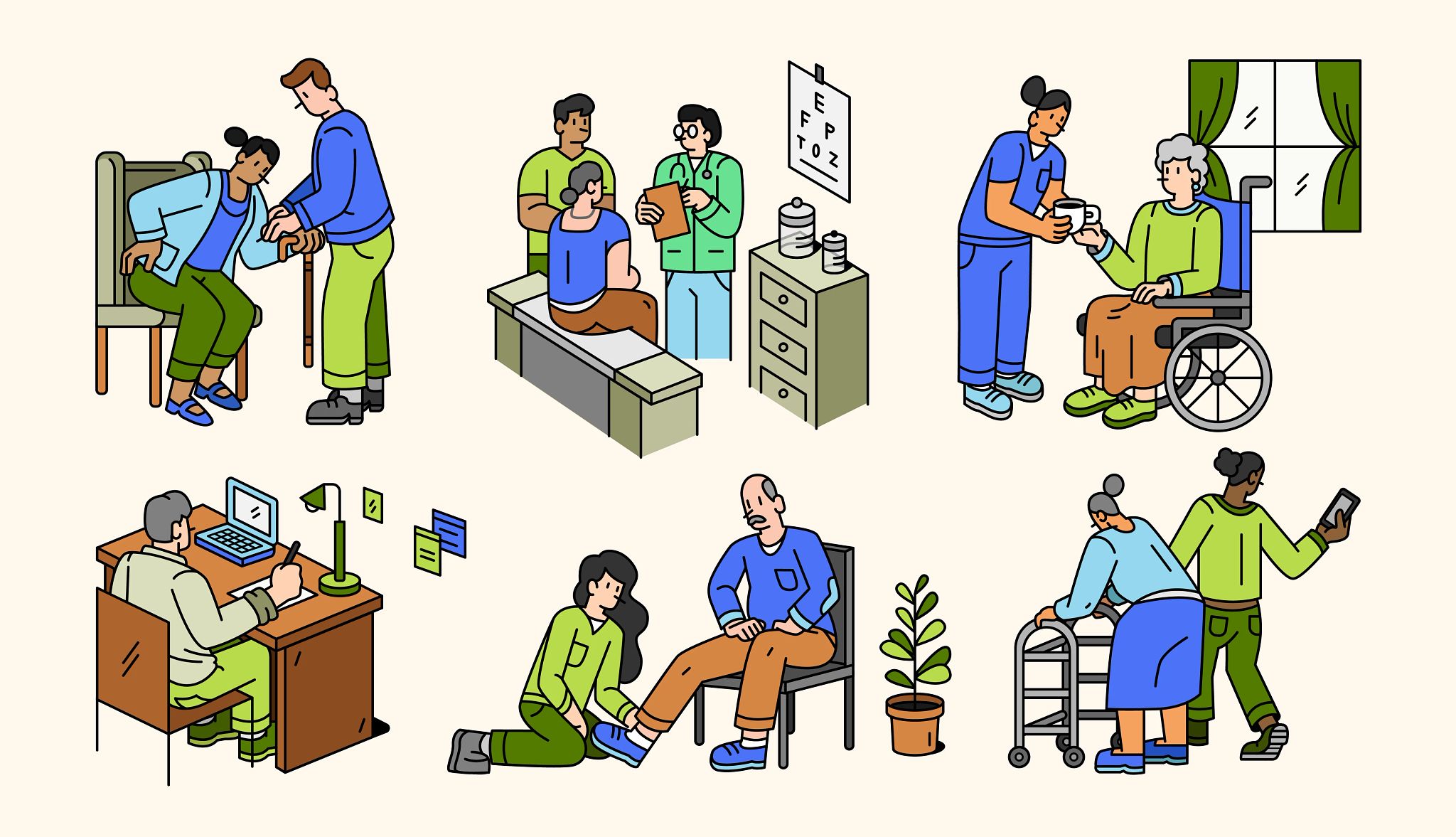AARP Hearing Center


Family caregivers make mistakes. If they didn’t, they wouldn’t be human. Yet these caregivers of older parents and friends are handed the impossible task of making everything OK on their watch. But when they make a mistake — big or small — it often feels to them as if they have committed a crime.
The real crime is taking mistakes personally. The opportunity is to learn from these errors. That’s why AARP reached out to gerontologists, professors and authors who have written about adult caregiving to find out what they believe are the most common miscues that adult caregivers make — and how to prevent them. This is what the experts revealed:
1. Holding back the offer to help adult parents
Sometimes the biggest mistake can be waiting to assist aging parents. “Out of respect for their parents, many hold back too long to help their relatives,” says Donna Benton, a research associate professor of gerontology at the USC Leonard Davis School of Gerontology in Los Angeles.
The secret sauce for getting parents to accept your help, she says, is often in how you present it. Parents are often more likely to accept help from an adult child if you make the request about your well-being, not just theirs, she says. For example, you might earn their trust by saying something like, “If you let me help around the house and let me drive you more often, it will help me to worry less about you,” says Benton.
2. Failing to report medical side effects to the doctor
Adult family caregivers are typically pretty good at listening to — and accurately abiding by — any medical advice a doctor provides to their parents or loved ones. Unfortunately, that’s where the help stops. Too often, caregivers fail to report back to the doctor on possible side effects from any medication or treatment, says Benton.
Don’t ever be afraid to question side effects, says Benton. For example, if there’s a change in personality over a day or two, it might have something to do with the medication, she says. To do this, though, you must have open communication with your loved one’s doctors, which might also require advance verbal or written permission from your parent.
3. Trying to change lifelong habits of your parent
Suppose, for example, the parent who you are providing care has eaten junk food — like candy, soda pop and potato chips — all their lives. On top of that, they’ve never much liked to exercise and prefer to sit on the couch much of the day watching TV. But their doctor has asked them to eat better and exercise more. Where does that leave you?
It’s not likely that you’re going to be successful at getting a parent to change their lifetime bad habits, says Pamela Wilson, an adult caregiving expert, advocate and speaker. But there is a middle ground. You may want to validate by telling your parent that you agree their doctor is asking for a lot. Even, then, you need to advise them of the consequences that are likely to occur if they continue to ignore their doctor’s advice, says Wilson. As long as a person is fully aware of the repercussions of not taking care of their health condition, they have the right to say no, she says. “You have to have the conversation that asks: What is your plan if you get too sick and can no longer stay in the house?”



































































You Might Also Like
How to Fill Your Retirement With Fun
Geocaching, creating a terrarium, learning a new language and more, we have tips to find the best hobby for youDo I Need an Annual Exam?
A doctor's advice on a yearly physical
Try These Tips for Living a Healthier Life
Small changes can add up to big mental and physical results
Recommended for You